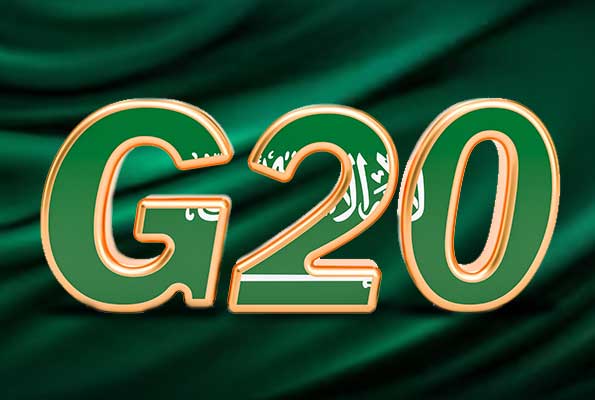According to a report by the International Monetary Fund, Saudi Arabia spent the most per capita on energy subsidies among the G20 economies last year, with a total of $6,996 spent per person.
The data showed that in 2022, Saudi Arabia spent 27% of its gross domestic product on subsidies for fossil fuels, amounting to $253 billion.
In comparison, China spent the highest amount among the G20 countries on implicit and explicit subsidies, totalling $2.2 trillion.
The US and Russia followed China, with $757 billion and $421 billion in spending on implicit and explicit subsidies, respectively.
The International Monetary Fund reported that in 2022, fossil fuel subsidies hit a record high of $7 trillion globally.
The International Monetary Fund underlined the importance of phasing out explicit and implicit subsidies as global energy prices fall and emissions continue to rise. Implementing corrective taxes and eliminating explicit subsidies would increase fuel costs, but businesses and people would start to take environmental costs into account when making purchases or investments.
This would result in significantly lower global carbon dioxide emissions, cleaner air, less lung and heart disease and more fiscal space for governments.
Saudi Arabia’s reform on energy subsidies is “continuing unabated through planned step price increases that will lead to their elimination by 2030,” said the International Monetary Fund in a report released in August 2022.
However, Saudi Arabia opposes lifting the gasoline price cap, citing the significance of maintaining social cohesion and ensuring that costs for industries remain manageable as the Kingdom tries to boost private sector development.
Despite the development of targeted social safety net programs and mechanisms being put in place to limit leakages, the International Monetary Fund stated that scaling them up is still too early.



